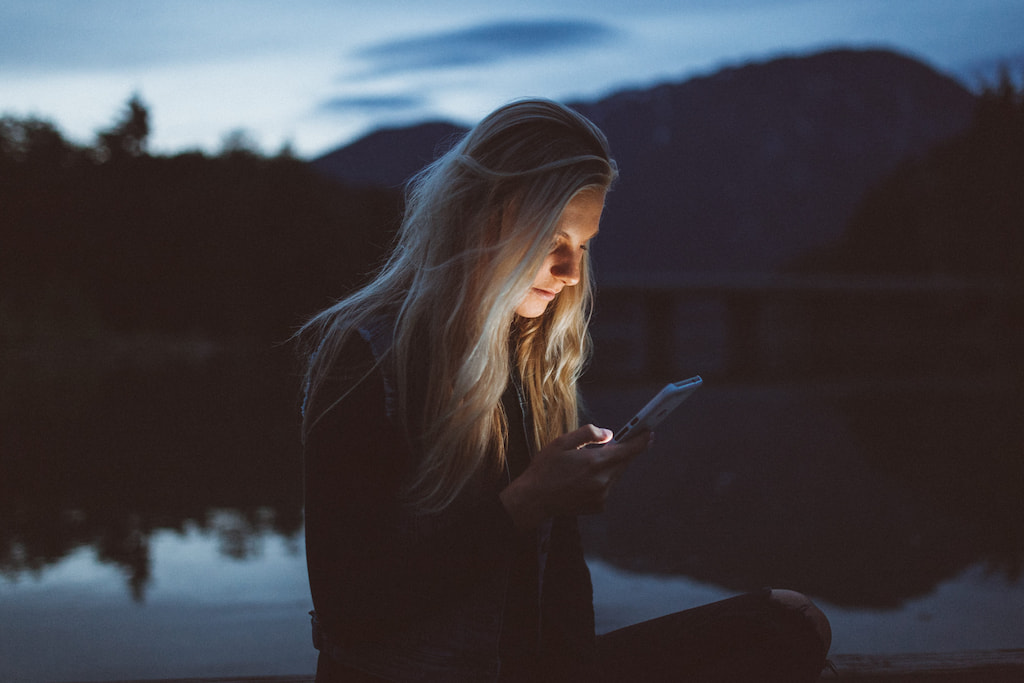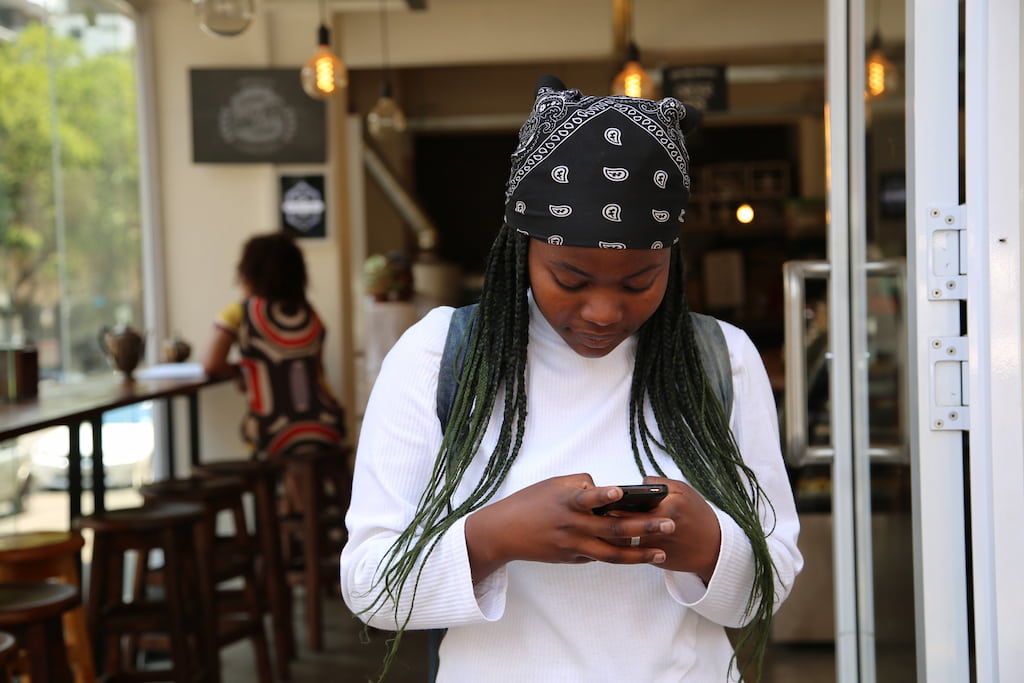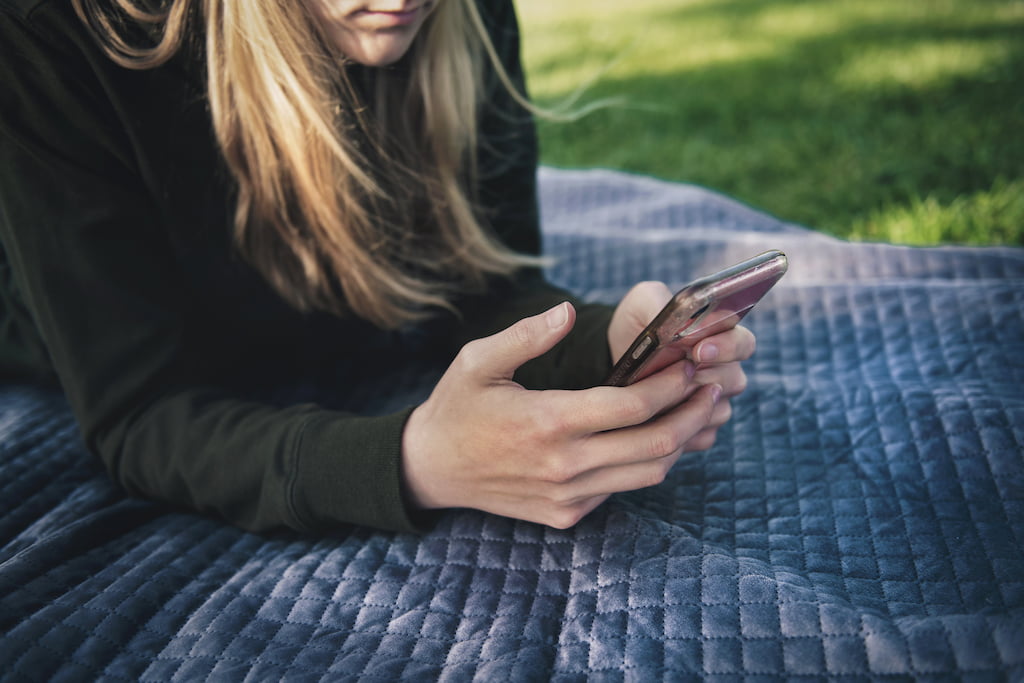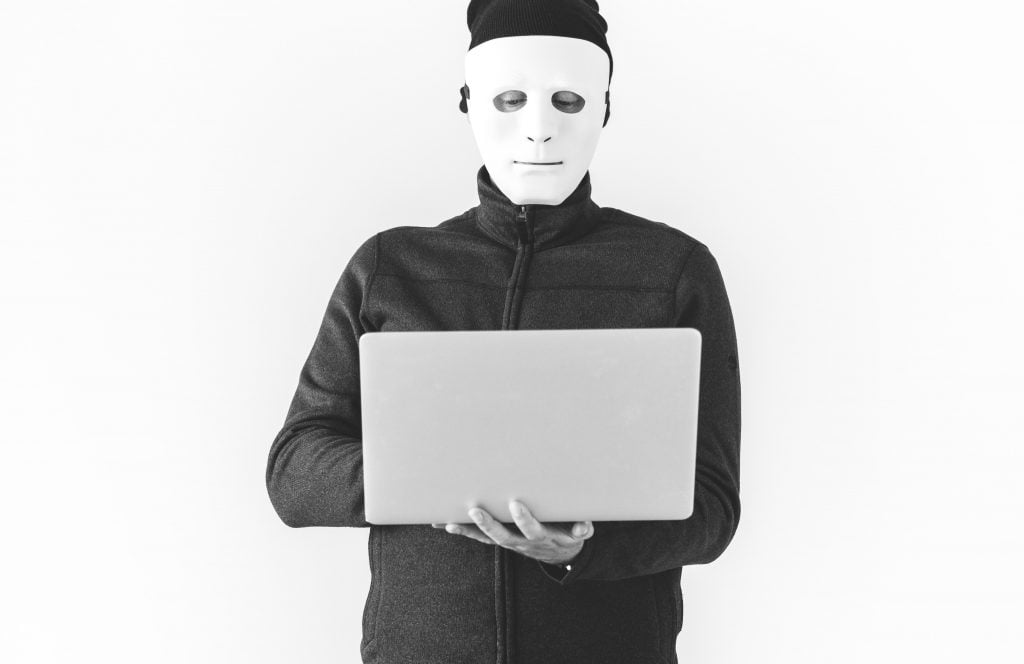The Social Media Mask

Contents
Marilyn Monroe once said that “wanting to be someone else is a waste of the person that you are.” But let’s face it, we’ve all been there: We’ve all looked at someone else and wanted to be in their shoes. And more than any other aspect of modern life, social media fuels this feeling.

How does social media affect our happiness?
Scrolling for hours through Facebook, Instagram and Twitter has become one of the great pastimes of the twenty-first century. We like selfie upon selfie and leave comments on pictures upon pictures of vacations, hangouts, and dates. As great a tool as it is for staying connected to the people in our lives, social media also has a harmful side. A study conducted at the University of Copenhagen, for instance, found that people who frequently use Facebook experience what scientists have dubbed “Facebook envy.” Their study showed that the more time we spend scrolling and liking, the more we compare ourselves to others and the more we envy them:
“I wish I went on cool vacations like that.”
“I wish I were dating someone who would cook for me — actually, I wish I were dating anyone at all!”
“God she’s pretty. She’s way prettier than me. I bet she’s much cooler too!”
The more we have these thoughts, the more we seek validation by adding our own photos into the mix. Instead of spending meaningful time with our friends, we take a group photo to show just how much fun we’re having. Instead of spending some time with ourselves, we search for the perfect filter for our selfie. We tweet about what an amazing time we’re having at the beach — and in the process, we miss the sunset. This is exactly how we create a “mask.” We disguise self-esteem issues through selfies with pursed lips or flexed muscles. Instead of being present in a conversation, we check how many likes our most recent post has racked up… Our vacation pictures say “See, I go cool places too!” The pictures of us with our friends declare “I’m social. I’m liked.”
But all these posts and shares don’t actually make us feel better about ourselves. We don’t suddenly start feeling prettier when we share a selfie, especially if we think that that selfie hasn’t gotten enough likes. We don’t feel cooler or more well-liked when we tweet and post other snippets of our lives, either. But we do create a beautiful mirage. We look happy. We look fulfilled. We look like we’re achieving something, even if we don’t feel that the image measures up to what’s really happening in our lives.

Social Media is fueling the habit of comparison
This can be especially true in the case of social media influencers — in other words, people who have a ton of followers and seem to lead perfect lives. Take Latina influencer Jessica Torres: Looking at her pictures, you’d think she has an amazing life. She always looks happy and positive in her photos. But consider what she revealed in a recent interview:
“I fell into a depressive episode and cried for days, feeling unworthy of what I did and what I was representing online. I felt inadequate and constantly questioned every little thing I did. I thought it was just me feeling this pressure to constantly stay relevant online and to create content.”
We disguise self-esteem issues through selfies with pursed lipsor flexed muscles. Instead of being present in a conversation, we check how many likes our most recent post has racked up…
Does that sound familiar? The truth is that we all experience these feelings in some form or fashion. All those people we’re comparing ourselves to – be they our friends or even celebrities — are in the same boat as us. They may post very cool images and selfies or tweet really funny things, but they’re creating mirages of their own. Our friends whose profiles we’re jealous of may even be scrolling through their own news feeds right now, comparing their lives to our “perfect” life. They might be looking at our Instagram and Twitter, thinking “Why don’t I have this much free time?” “Why don’t I hang out at the beach?” or “Why isn’t there a cute guy like that to take me out on a date? What am I doing wrong?”

You Are Enough
The reason such thoughts pop into our heads and derail our mental health is because sometimes we aren’t able to see ourselves clearly. We aren’t always able to see the blessings and beauty in our lives. We focus on other people’s lives, thinking they’re better — and in the process suffer from anxiety, depression and feelings of inadequacy, especially when social media is involved.
So how can we learn to see ourselves clearly, show compassion to ourselves and be grateful for all that we have? The answer to that doesn’t lie in the mask and mirage we’ve created on social media. It also doesn’t lie in the self-doubt and self-criticism we’ve mired ourselves in. It lies in giving ourselves a little break.
I mean “giving ourselves a break” in two ways. First, we need to take a break from social media. If we’re constantly comparing ourselves to others and feeling inadequate and unhappy as a result, then perhaps it really is time to cut back on our scrolling time. We spend so much time focusing on the lives of others and creating a beautiful fiction for ourselves that we lose sight of ourselves and our lives. Sometimes we do such a good job of creating this online fiction that we repress things we are actually going through in our lives.
We can look to celebrities as an example of people who have perfect-looking social media profiles, but who still deal with issues that we all do. For instance, the actress Selena Gomez most recently made headlines because she was hospitalized for anxiety. When we think “celebrity” we tend to think “perfection”. We are under the impression that they have everything and are incredibly happy, all the time. Though Selena Gomez’s social media accounts were full of pretty snippets of her interesting life, it doesn’t show the whole story of her experiences — which are much more ordinary and closer to the issues many of us struggle with.
Following her attack, Gomez took a break from social media, saying:
“As much as I am grateful for the voice that social media gives each of us, I am equally grateful to be able to step back and live my life in the present moment I have been given.”
Taking a break from social media, then, is not only a good way to refocus our perspective of ourselves but to concentrate on how to live life fully and in the moment.

Self-Acceptance
So, why do we have such a problem accepting ourselves? Well, every individual is different. We all have various issues that we deal with and underlying causes that fuel them. Therefore, if we want to learn to accept ourselves, we need to meditate on acceptance itself. Meditation is not about having nothing in one’s head. It’s about observing the thoughts we have, letting them drift by and seeing their causes. Put another way, it’s realizing that our reaction to the thought “I’m really ugly” is unraveling with more thoughts like “My nose is too big. My eyebrows are too bushy. My hair is unmanageable,” etc. instead of letting the thought pass by and try to understand where and why it came to us.
Guided acceptance meditations, like the ones in the Acceptance Series on Meditopia, don’t solely teach us how to observe such thought patterns. They also show us how to bring ourselves back to the present moment with specific, positive mantras, like: “I am enough. I am doing enough. I have enough.”
Meditation is not about having nothing in one’s head. It’s about observing the thoughts we have, letting them drift by and seeing their causes.
By bringing ourselves back to the moment, we can refocus on the reality of ourselves. We can discover what we’re really like, what attributes we have, what people love about us and most importantly, why we’re deserving of our own love and compassion. In the words of Sharon Salzberg, “You can search throughout the entire universe for someone who is more deserving of your love and affection than you are yourself and that person is not to be found anywhere. You, yourself, as much as anybody in the entire universe, deserve your love and affection.”
This is a topic that we’d love to start a larger conversation about. As a growing part of our population, our children, are becoming increasingly exposed and connected to social media platforms. It’s therefore our responsibility to better understand the implications of those habits on our younger generations.
As always, we’d love to hear your thoughts and comments on this topic. Have you ever found yourself comparing your life to those you see on social media? How do you think we can educate ourselves as well as our younger generation on how to maximize the beneficial aspects of social media while minimizing the negative impacts?


